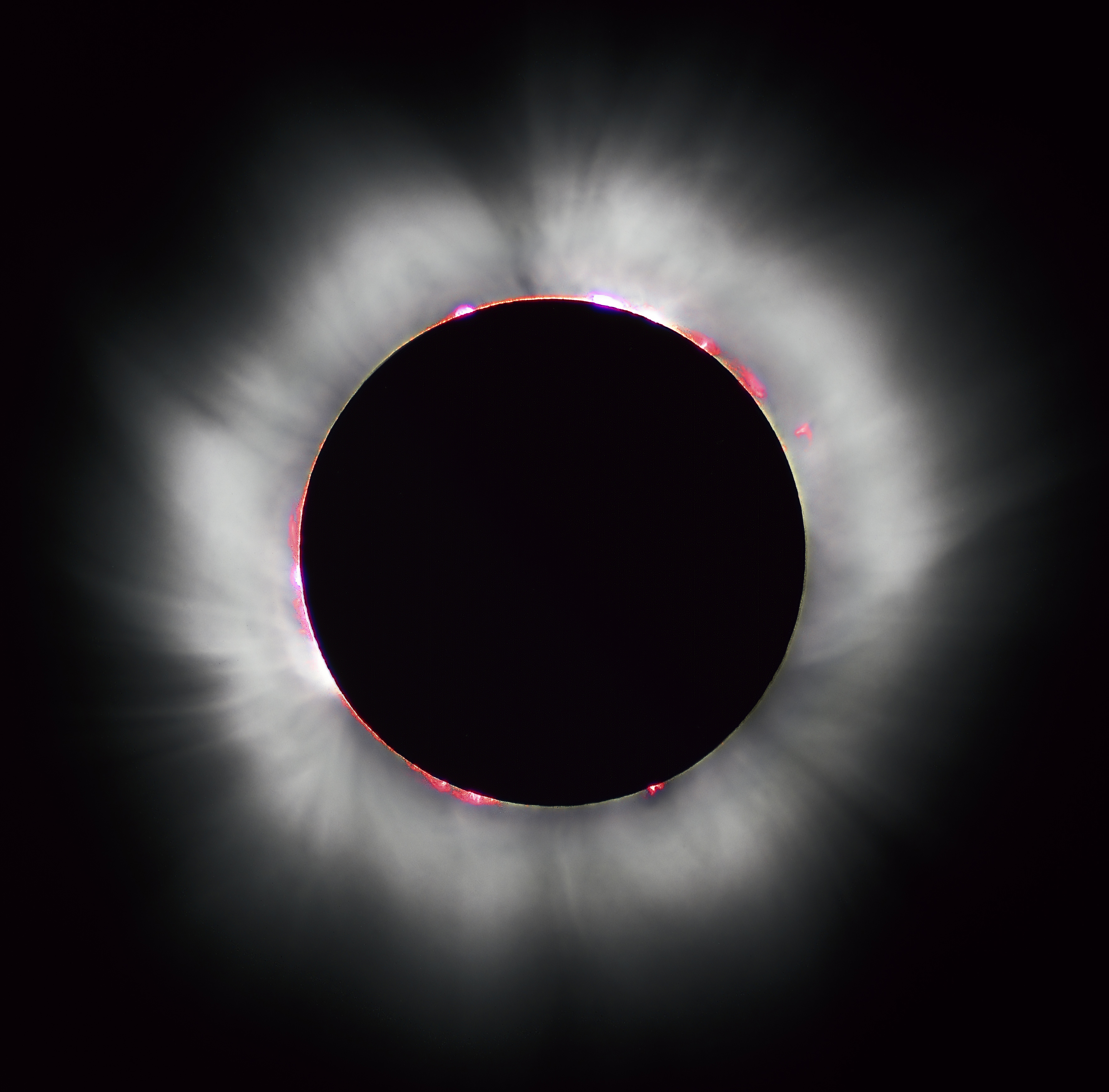Talmud teaches: “When the sun is eclipsed, it is a bad omen
for the entire world. “ This is not
surprising. Nearly every ancient
tradition shared this view. Shakespeare
describes an eclipse as a “stain on the sun that portended no good.” The English word “eclipse” comes from the
Greek, “ekleipsi,” which implies, at its root, abandonment. In a prescientific world, the sun’s
unexpected diminishment and even disappearance was utterly terrifying. Without its light and heat, the earth would
be a lifeless, frozen hunk of rock. What
could be more traumatic than the sun’s abandonment?
Times have changed.
This weekend, millions of people across the US will go significantly out
of their way to view the Great American Eclipse. As writer Ross Andersen notes: “The primary emotion most of us now feel upon glimpsing
an eclipse is wonder.” The moon, which
is, amazingly, both 400 times smaller than the sun and also 400 times closer to
earth, perfectly blocks the sun, so day turns to night and the sun’s corona glitters
in the darkened sky. Here in Idaho, many
will witness what will be a once-in-a-lifetime event.
I share the wonder. I don’t believe in the kind of God who makes
everything happen for a reason, micromanaging the Creation with divine signs
and portents. Eclipses are not omens in
response to our sins; they are entirely predictable and will occur whether we
are sinful or saintly. Like other
celestial mechanics, they are, in fact, powerful reminders that we human beings
are not the center of the universe.
Yet I am convinced that with a bit of post-modern
interpretation, Talmud still has something significant to teach us on these
matters. My conviction that eclipses are
not sent as inherently purposeful messages from an omnipotent deity need not leave
them absent of moral significance. I
believe that as fundamentally meaning-making creatures, it is in humanity’s
nature to find purpose in events after the fact. This eclipse might still serve as a powerful
sign for humanity if that’s how we consciously choose to understand it.
How, then, do I propose we interpret both the
fear and wonder of next week’s solar eclipse in a contemporary context? I suggest we take it as a call to action on
climate change. On Monday, August 22—or,
by the Jewish calendar, the eve of Rosh Chodesh Elul, a month devoted to
reflection and repentance—the source of life on earth will, for a moment or
two, go dark, from coast to coast across the world’s most powerful nation. And then, just as scientifically
predictably—and, at the same time, still miraculously—the light and warmth that
sustain us will return. Let this awesome
event serve as a reminder that unless we change our behavior as a species, in
the future, we may not be so lucky. The
damage that we are doing to our planet—and our own civilization—with our
profligate devastation of earth’s natural systems is not so easily undone. May the temporary eclipse of the sun wake us
to the wisdom of philosopher and naturalist Kathleen Dean Moore’s words: “To
let the world slip away—the starfish and sea anemones, the green and fecund
marshland, the glacial streams—to let it slip away because we’re too busy, or
too comfortable to change, is a sin against creation.”
Now is the time for turning, in action and in
prayer. Let us conclude with the words
of poet Daniel Landinsky, inspired by the work of Persian Sufi mystic Hafiz:
Even
After
All this time
The sun never says to the earth,
"You owe
Me."
Look
What happens
With a love like that,
It lights the
Whole Sky.


